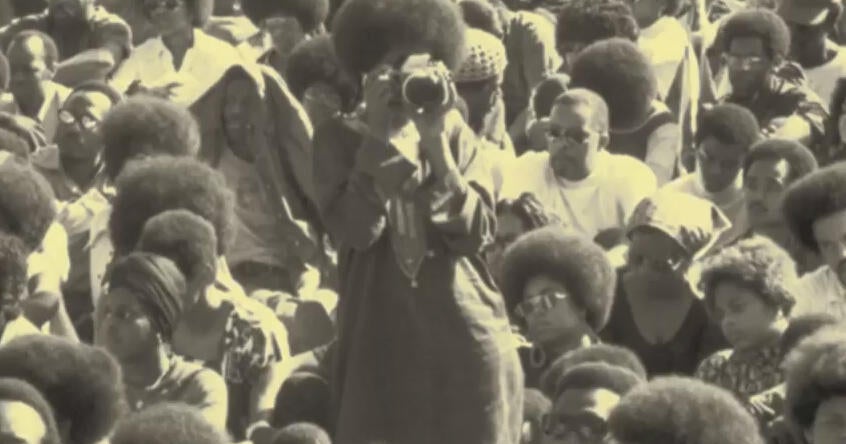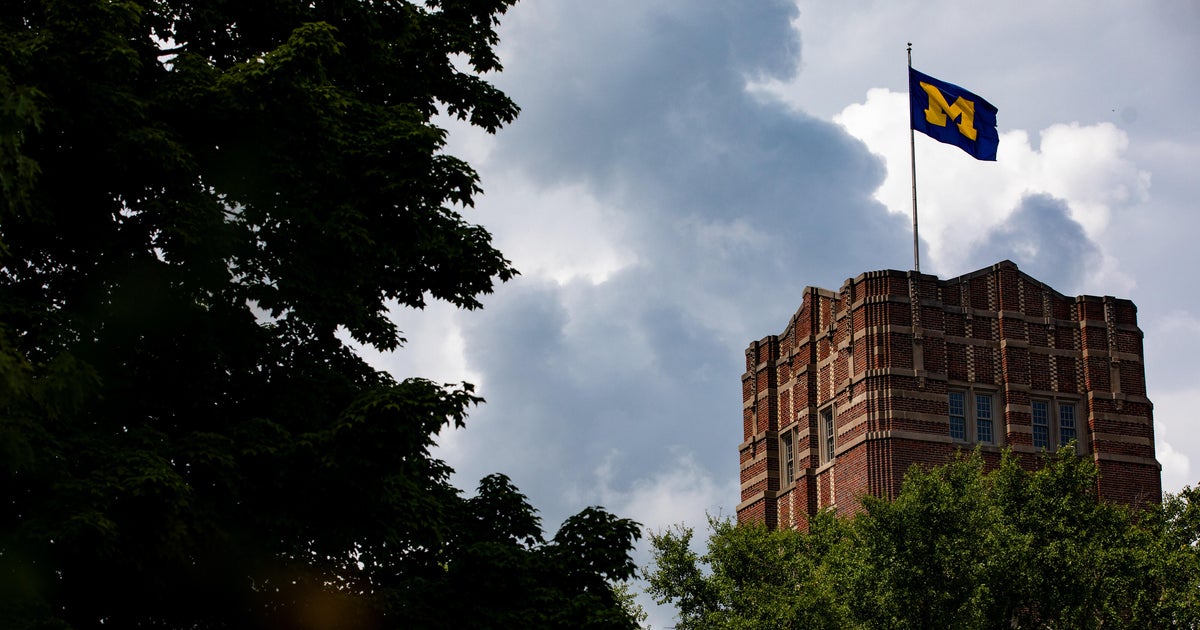Historian Fears Stanford's MLK Collection Not A Priority
STANFORD (AP) — A Stanford institute is home to copies of the most significant correspondence, sermons, speeches, writings and manuscripts of Martin Luther King Jr. But the historian tasked with protecting the documents and other artifacts is anxious about what will become of them when he retires this year.
Clayborne Carson, 75, was selected by Coretta Scott King in 1985 to edit and publish the papers of her late husband housed at the world-renowned Martin Luther King Jr. Research and Education Institute.
Carson said the collection is at a nondescript 1960s-era structure designed by Joseph Eichler that was supposed to be a temporary home and is in a part of the campus that will be torn down as the university seeks to stay competitive in the fields of science, engineering and computing.
Now, he is worried because the university lacks funding to support it, promote it, or find a more permanent place for it.
"At this point, I'm relatively certain that Stanford does not view a permanent King Institute as a high priority," Carson told the Mercury News. "I don't anticipate that Stanford will guarantee a long-term future for the King Institute."
On the walls inside the unassuming building hang photos of sanitation workers striking in Memphis, a mourning Coretta King and King's funeral procession. There's a worn 1963 poster promoting the Student Nonviolent Coordinating Committee. Shelves are filled with videotapes, audio cassettes and Carson's precious reference library.
While King's original papers are stored in vaults in Atlanta, "if this building ever burned down, it would take years to redo what's here," said Carson. "It might not be possible, ever."
The King Institute subsists on a $2 million endowment, which earns 5 percent interest and spins out $100,000 a year — just enough income for one salary, plus expenses, and hardly enough for a new structure.
The university's development office conducts all fundraising for the campus but it's not raising funds for the institute. Without that help, about half of the institute's support comes from a single gift from Hall of Fame football star Ronnie Lott, Carson said.
"The development office is enormously successful. It raises billions of dollars. But they get direction from Stanford's leadership about what is prioritized," he said. "Then that becomes the strategy that guides the fundraising on campus."
Joy Leighton of the School of Humanities and Sciences confirmed that there are no plans to move the institute from its building and said the institute is located in a vibrant part of the campus.
"Over the last several years, improvements have been made to the facility," she said. "The building provides ample space for the important research conducted at the institute at a time when space can be difficult to find on campus."
© Copyright 2020 The Associated Press. All Rights Reserved. This material may not be published, broadcast, rewritten or redistributed.







